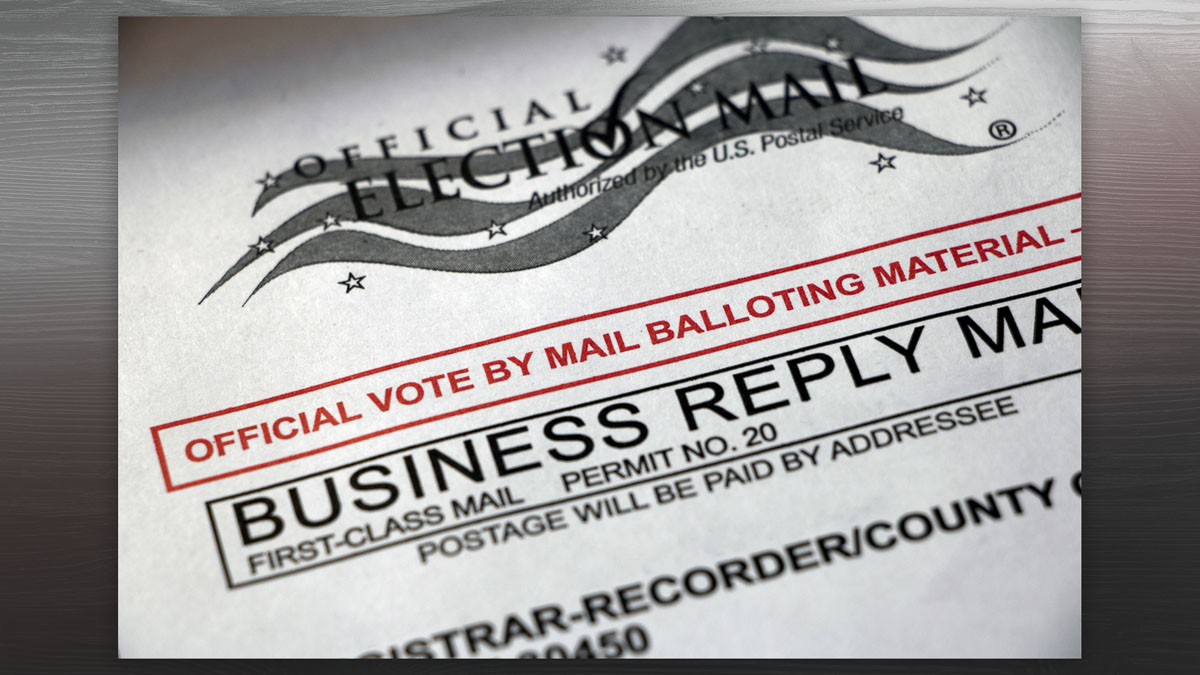
Elizabeth New (Hovde) of the Washington Policy Center states that workers, including low-income ones, can’t afford WA Cares
Elizabeth New (Hovde)
Washington Policy Center
Not only would saying “yes” to Initiative 2124 make participation in the WA Cares program optional instead of mandatory, allowing people to keep more of their wages and make their own decisions about how to handle life needs, it would require state lawmakers to try and help solve a legitimate problem without harming Washington state workers. It can do both.

Instead of focusing on increasing awareness, strengthening the private insurance market or protecting ever-growing Medicaid costs, lawmakers created a program to take billions of dollars from workers, including low-income ones, to help them deal with those ever-growing costs. With a tax of 58 cents on every $100 a worker earns, WA Cares brought in $1.3 billion in its first year.
That load of money and billions more in years to come, however, will not provide long-term care to all Washingtonians as state residents are led to believe. WA Cares is set up to exclude even some of those who are likely to need long-term care.
As program supporters complain of private-insurer exclusions to long-term-care insurance (LTCI), they don’t acknowledge that WA Cares has exclusions of its own meant to keep the state taking in far more money than it has to pay out. Nor do they acknowledge that LTCI is only one of a handful of ways to plan for the possibility of needing long-term care.
Workers who do qualify for a WA Cares benefit might still end up knocking on Medicaid’s door, given the program’s lifetime benefit of $36,500. That inadequate benefit accompanies a promise from the state that workers can have peace of mind about long-term-care needs. They can’t. (Read more about WA Cares’ shortcomings in my Citizen’s Guide to Initiative 2124 here.)
WA Cares doesn’t solve the long-term-care crisis headed our way. The mandatory program does increase taxpayer dependency. It created a new entitlement for people with high incomes and resources.
Still, the top message I see on ads from the “No on I-2124” crew reads: “Vote no I-2124. We can’t afford it.”
Can’t afford it? That applies to state budget writers and the Service Employees International Union.
Mandatorily taking money from workers for WA Cares allows the state to continue ignoring priority-based budgeting. I-2124’s passage also would disappoint SEIU 775, which hopes to benefit in various ways with more taxpayer-financed caregivers in the state. The Oct. 7 Spokesman-Review reported that the anti-2124 campaign had raised more than $4.1 million, with the vast majority ($3.5 million) coming from SEIU.
Workers, including low-income ones, can’t afford WA Cares. They need today’s wages to help with the life needs they do have, not one life need they might not have and for which there is already a taxpayer-provided safety net.
Elizabeth New (Hovde) is a policy analyst and director of the Centers for Health Care and Worker Rights at the Washington Policy Center. She is a Clark County resident.
Also read:
- POLL: Is it time for new leadership at Vancouver City Hall?A new weekly poll asks whether Vancouver voters should prioritize replacing the mayor and city council in the 2025 election.
- Opinion: How will the majority party’s new budget and tax proposals affect you?Rep. John Ley critiques the state’s proposed 2025-27 budgets, warning of record-breaking tax hikes and economic impacts.
- 18th District lawmakers ensure vital funding for projects in SW Washington are included in proposed 2025-27 House capital budgetLawmakers in the 18th District secured over $5.6 million in proposed funding for projects in Vancouver and Battle Ground under the 2025-27 House capital budget.
- Bill amending parents’ rights initiative passes another hurdle in the WA HouseESSB 5181, a bill modifying Washington’s parents’ rights initiative, advances amid sharp debate over student autonomy and parental access to information.
- Opinion: Bill limiting notifications for parents passes committeeA Washington Policy Center column critiques SB 5181, which would reduce parental notification rights in Washington public schools.










